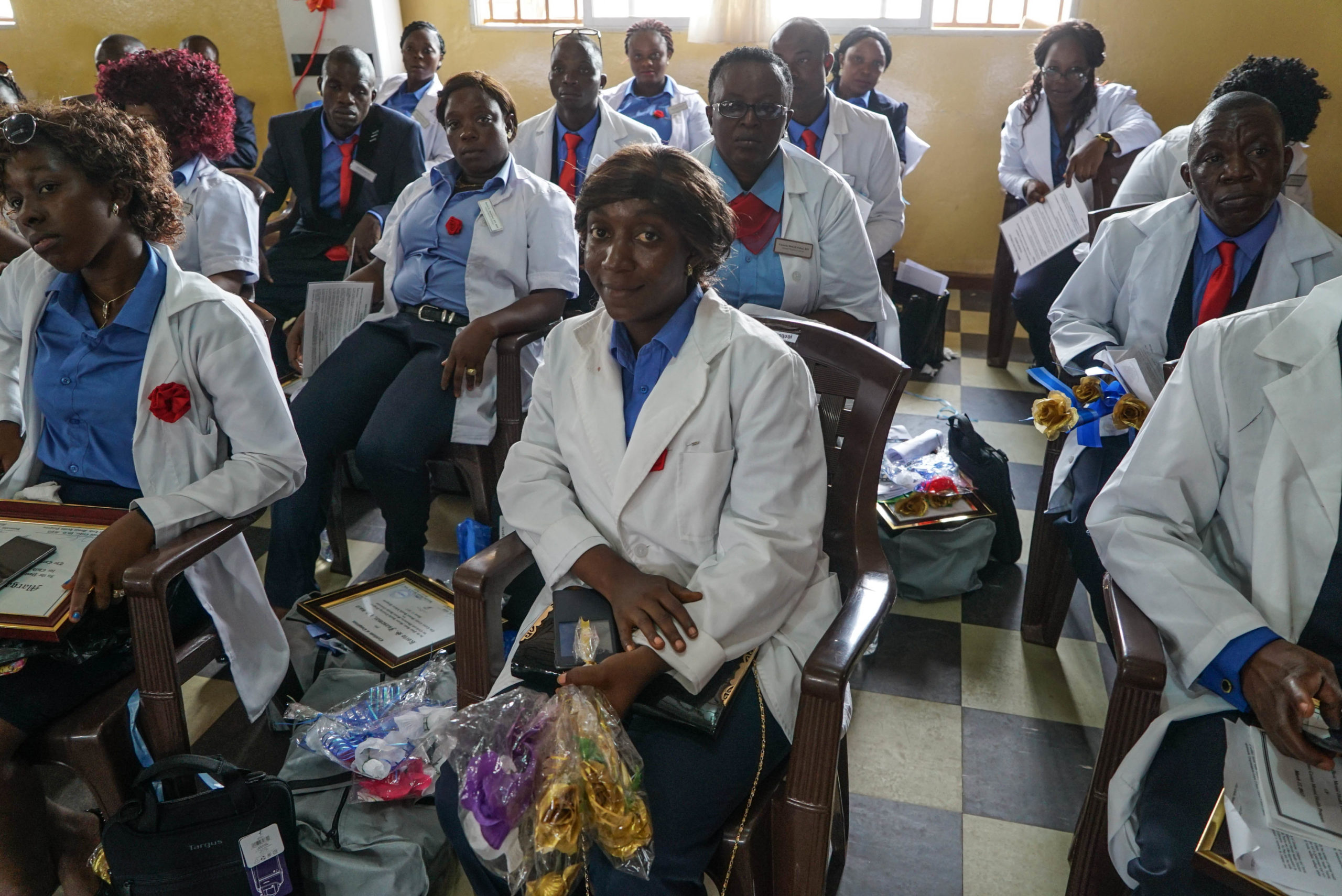Blog | Pandemic Proves Global Mental Health Can’t Be Ignored

Dr. Kashef Ijaz is vice president for health programs at The Carter Center.
Global mental health has been called the “silent,” “parallel,” or “next” pandemic.
In fact, mental health was deteriorating even before the COVID-19 crisis unfolded. In 2018, The Carter Center contributed to a Lancet Commission on Global Mental Health, which says that “the global burden of disease attributable to mental disorders has risen inexorably in all countries.”
Since this report, the situation has worsened. The COVID-19 pandemic has exacerbated or increased mental illnesses and severely disrupted provision of mental health services, according to the World Health Organization. It has revealed a treatment gap in mental health across low- and middle-income countries, and it threatens to widen this gap.
Experts and advocates have called for a unified effort by the global health and development community to prioritize innovative solutions and funding to address mental health as it threatens lives and families. In the immediate future, the pandemic requires stronger mental health integration into COVID-19 response efforts.

Years before the COVID-19 pandemic began, The Carter Center started working with the government of Liberia to create a corps of locally trained and credentialed mental health clinicians, including the ones seen here, graduating in 2017. (Photo: The Carter Center/A. Mukpo)
In the long term, sustainable solutions to combat the escalating mental health crisis requires action globally and at the country level.
Mental health is fundamental to overall health, yet countries spend less than 2% of their national budgets on it, despite mental health’s importance to overall health and well-being.
To demonstrate how increased and strategic mental health investment is vital to improve overall health, The Carter Center and United for Global Mental Health (UGMH) are developing a comprehensive report that makes the case for financing mental health in Liberia. This report has a roadmap that highlights the positive outcomes of mental health investments in national country budgets and donor aid. It also shows early progress of the Liberian government’s leadership in mental health financing and reveals opportunities to prioritize mental health in the future.
A summary of this report will be released this summer, when The Carter Center will convene a virtual event with panelists from Liberia and around the world to discuss key learnings and recommendations.
For countries to move forward through this crisis and to thrive in a post-pandemic world, mental health must be recognized as a greater health and development priority for national health budgets.
As Rosalynn Carter, a mental health advocate for 50 years and co-founder of The Carter Center, has reminded us, there is no health without mental health.
Related Resources
Learn more about the Center’s Mental Health Program »
This article was originally published in the Saporta Report.
Global Impact Starts with You
Your support sustains the Carter Center's mission of waging peace, fighting disease, and building hope around the world.

